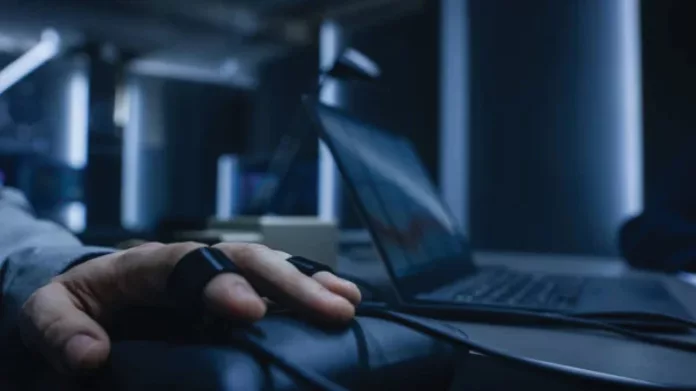By Orville Williams & Shermain Bique-Charles
Senior prison officers stationed at His Majesty’s Prison (HMP) are currently undergoing voluntary polygraph examinations as part of efforts to stamp out ‘integrity issues’ at the country’s lone penal facility.
This development follows several years of concerns from within the prison administration and among members of the public that prison officers have been complicit in the influx of contraband into the facility and into the possession of inmates on a regular basis.
A major raid conducted there last year revealed the existence of a number of illicit items, including more than 60 cellular phones and other electronics, cannabis and smoking paraphernalia, as well as weapons such as machetes, knives and hammers.
While gaps in the prison’s physical security have allowed persons to unlawfully toss contraband over the walls, the long-held suspicion of prison officer involvement has not abated. For that reason – according to newly-installed Superintendent of Prisons, Colonel Trevor Pennyfeather – the polygraphs are a necessary move to get a better handle on the situation.
“There are a number of situations within His Majesty’s Prison that would lend to the conclusion that there must be some form of integrity issues with officers within the prison.
“Now, the prison consists of a little over 100 officers at various levels, so I have chosen to begin with the leaders and they have voluntarily agreed to take the tests, given the circumstances that we are facing.
“The questions have to do with integrity, so … any questions that would lend to individuals violating the critical regulations within the prison, the officers would have to answer those questions definitively, and then from that, we will make a decision.
“The tests are ongoing as we speak. I have begun with my senior officers, those who are civil servants, and there are about 16 who qualify for that [but] we are yet to have the results of those tests,” he told Observer yesterday.
In most states across the US, persons applying to be correctional officers are likely to be expected to take and pass polygraphs to be hired, in order for correctional facilities to ‘maintain a high level of integrity and professional conduct among employees’.
The same is expected in the case of breaches and similar disruptions in operations, where investigations suggest the possible involvement of officers.
Pennyfeather assured, however, that in this case, the prison officers have to volunteer to take the test, as there is no legislation in place to make it mandatory. This means that, despite the willingness of the senior officers, the wait is now on for the other officers to commit.
“That is a matter for the junior officers who are non-established [and] for the [Antigua Trades and Labour Union] AT&LU – they should be having a meeting on Thursday if my [memory is correct] and they will basically be putting it to their membership, those officers, whether or not they’ll be willing so to do,” he said.
Pennyfeather has revealed that there is still some hesitancy among a minority of the prison officers, but expressed confidence that full compliance will be realised in the end.
According to Psychology Today, the American Polygraph Association is “the world’s leading association dedicated to the use of evidence-based methods for credibility assessment” and its members – who are largely polygraph examiners – estimate the accuracy of the polygraph to be approximately 87 percent. This means the test can accurately determine if someone is lying or telling the truth in 87 of 100 cases, but fails in that determination 13 percent of the time.
The prison administration will certainly be hoping for the former, as it looks to sift through the ‘weak links’ and tighten up its human resource capacity.
“If [officers] fail the test, then it is up to the Ministry of Public Safety to do what is required and that would be, at the very least, transference to another area within the Ministry or outside of the Ministry.
“It depends on the area within the test that they would have failed that would lend to [the implication] that there is a form of deception.
“There will be a formal interview, that’s the very first thing, a formal interview with myself [and] thereafter, if there was a need for a formal investigation, then that would be done. If not, and we can’t come to any amicable solution internally, within the prison, then it would mean that that individual would be transferred out. That is my general understanding,” Pennyfeather added.

